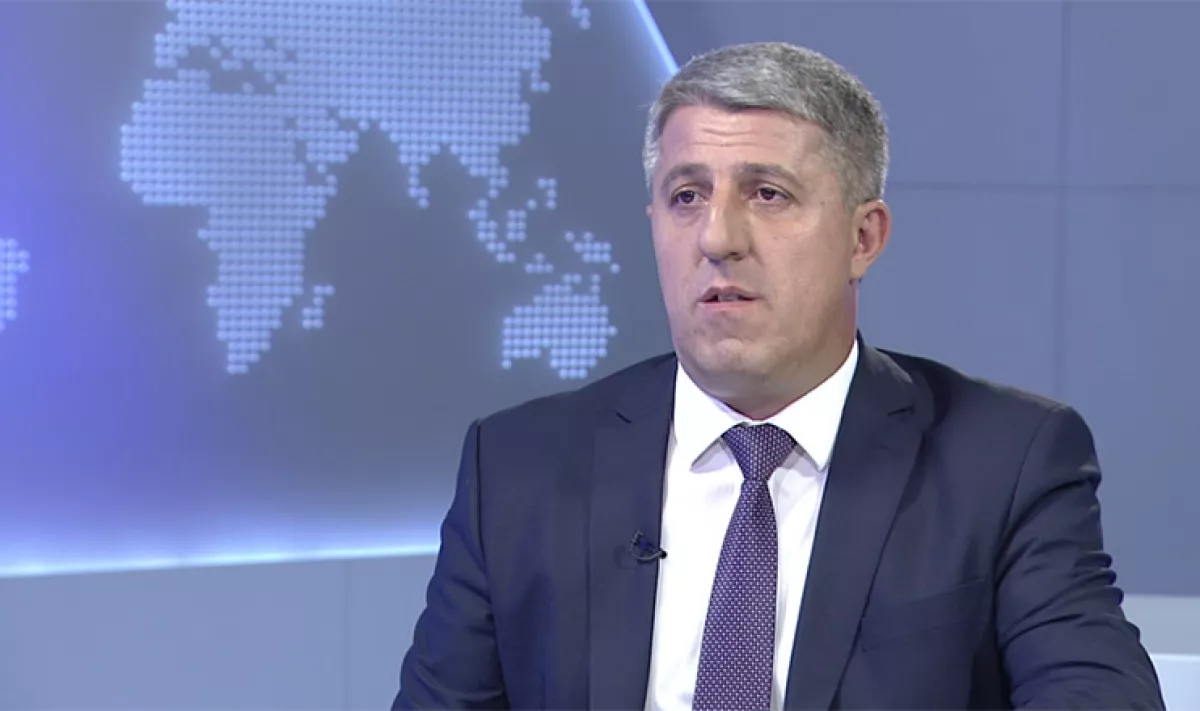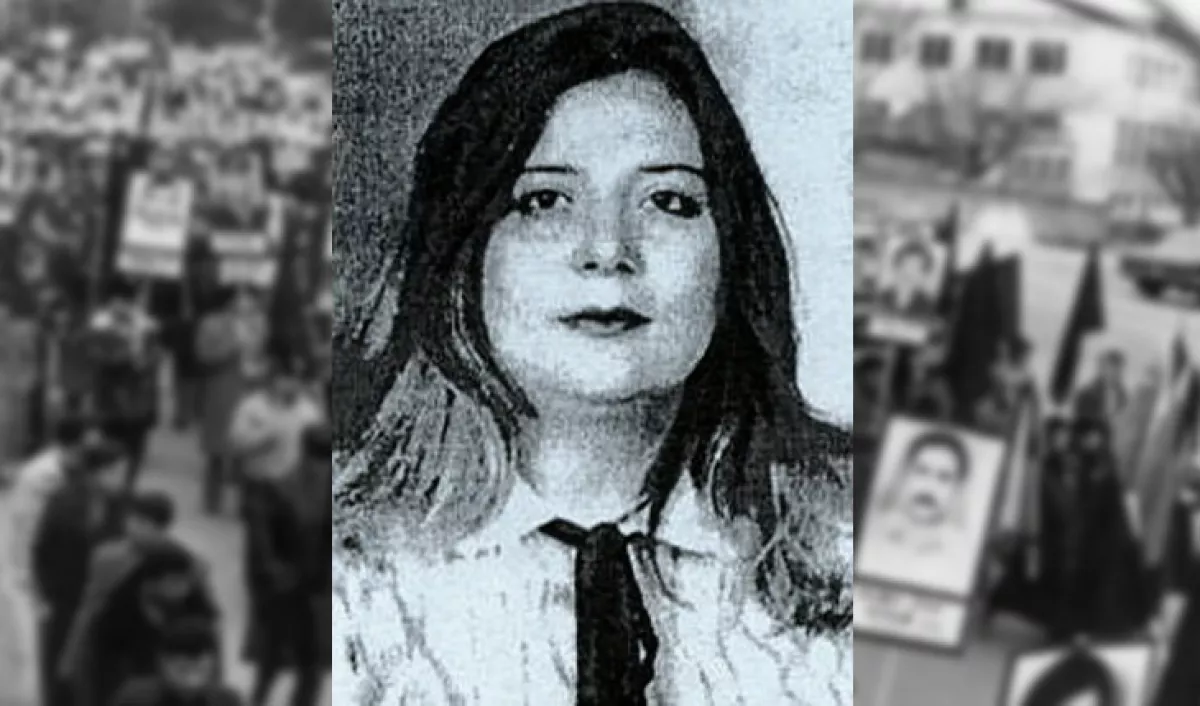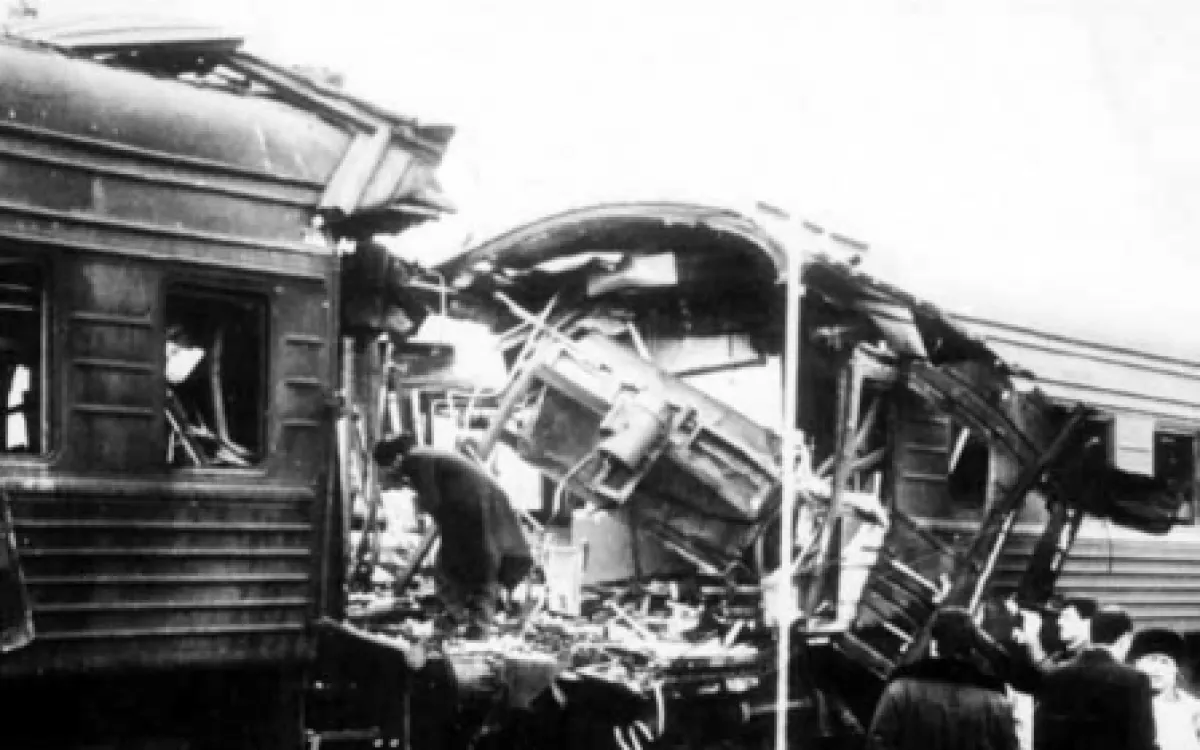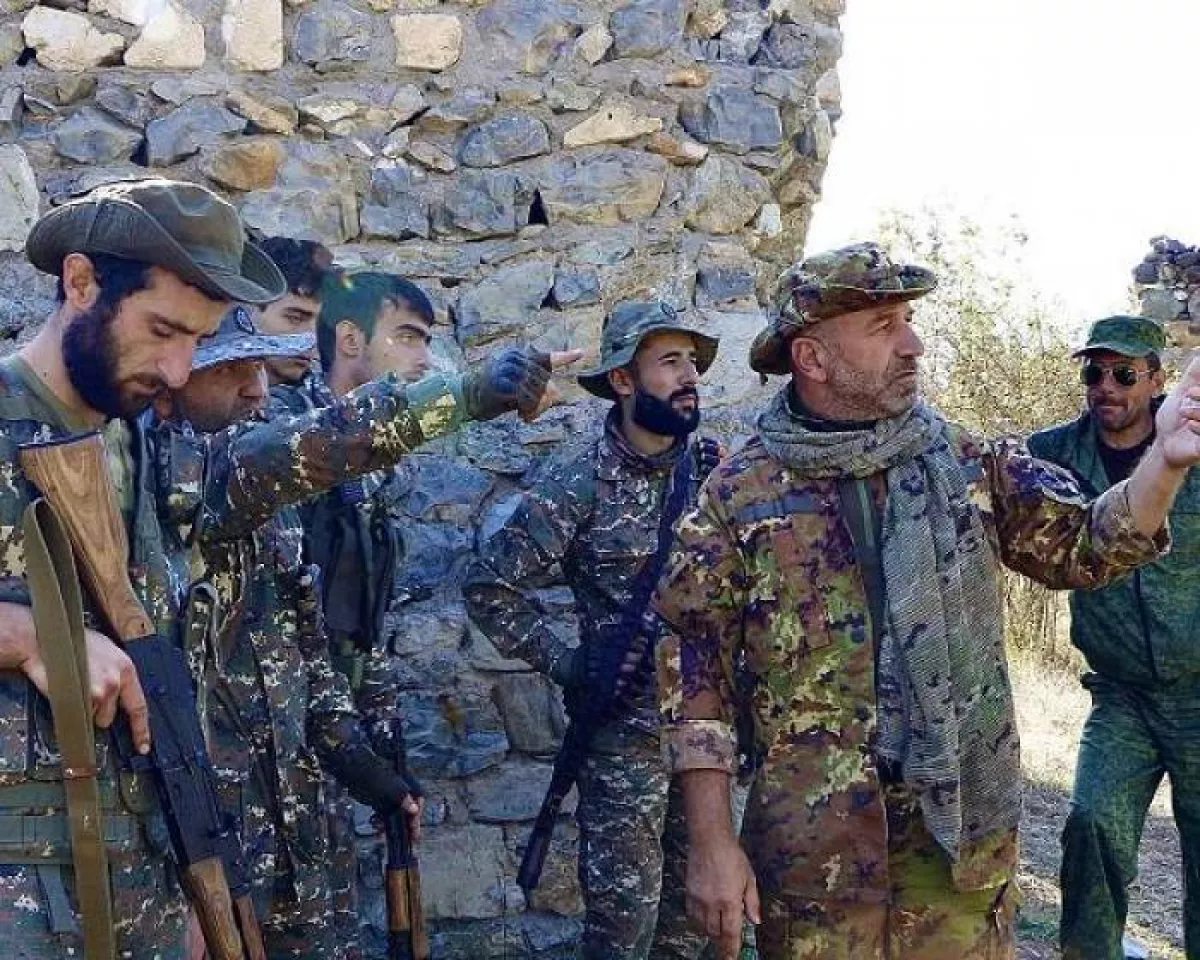Azerbaijan in crosshairs of Armenian terrorism Exclusive report by Caliber.Az
“The most comprehensive, systematic and purposeful Armenian act of just revenge must have no alternative, as this is not only a matter of our honour, but also of the security of future generations.” These words do not come from some blogger, but from Vardan Voskanyan, a well-known Iranologist and member of Armenia’s academic circles.
While the above quote could still be interpreted as an abstract slogan, Voskanyan goes on to make explicit threats, essentially calling for terrorist attacks against Azerbaijani citizens. According to him, such actions are justified because Azerbaijan allegedly violated internationally recognised rules of warfare during the Second Karabakh War. In other words, he issued a direct call for the murder of Azerbaijanis — under the guise of so-called “moral revenge.”
Here’s another telling detail that helps paint a clearer picture of Vardan Voskanyan and underscores the seriousness of his calls for violence against Azerbaijani citizens: he is a member of the "Homeland" party, headed by former Director of Armenia’s National Security Service, Artur Vanetsyan. And, as the saying goes, intelligence and counterintelligence officers are never truly “former.”

To say that we are not surprised would be an understatement, as the very history of modern Armenian statehood is deeply intertwined with terrorism. The Armenia–diaspora–terrorism triangle has become the foundation of global Armenian identity.
We won't delve too deeply into the history of 19th and 20th century Armenian terrorism, during which prominent officials of the Ottoman Empire and the Azerbaijan Democratic Republic, as well as Turkish diplomats abroad, were assassinated by Dashnaks and ASALA militants. However, it is worth noting that with the onset of Armenian aggression against Azerbaijan in the late 1980s, the activities of Armenian terrorist organisations — operating under the patronage of Armenia’s intelligence services and funded in part by the wealthy diaspora — took on a systematic character.
Armenia’s intelligence agencies, during the occupation of Karabakh, began implementing acts of terror against the peaceful Azerbaijani population with the aim of mass intimidation and targeted killings. As a result, hundreds of innocent civilians lost their lives.
One of the first terrorist attacks during the Karabakh conflict was carried out by Armenian intelligence and terrorists on September 16, 1989, when a passenger bus travelling the Tbilisi–Baku route was bombed, killing five and injuring 25 people. On January 9, 1991, a car travelling from Lachin to Shusha was fired upon, killing Molodyozh Azerbaydzhana newspaper correspondent Salatyn Asgarova and three Soviet servicemen. Members of the terrorist group — Mkrtchyan, Petrosyan, Mangasaryan, and Arustamyan — were brought to criminal justice.

The geography and scale of Armenian terrorism against Azerbaijan only expanded in the following years.
On May 30, 1991, a bomb exploded near the Khasavyurt station in Dagestan, targeting the Moscow–Baku train. The attack claimed the lives of 11 people and left 22 injured.
On September 8, 1991, a passenger bus travelling the Aghdam–Khojavand route was attacked with gunfire, killing 5 and injuring 34 passengers. Azerbaijan’s investigative authorities established that the perpetrators of this terrorist act were Volodya Khachatryan, Saro Yeremyan, Sasha Chalyan, and Armo Arustamyan. On the same day, another passenger bus en route from Aghdam to Garadaghli came under fire by Armenian militants. This attack left 8 dead and 42 others with varying degrees of injuries.
On January 8, 1992, a terrorist attack on a ferry travelling from Krasnovodsk (now Turkmenbashi) to Baku resulted in the deaths of 25 people and injuries to 88 others.
On February 28, 1993, a passenger train travelling from Kislovodsk to Baku was bombed near the Gudermes station. Eleven people were killed and eighteen wounded in the explosion.

On June 2, 1993, a passenger train at the Baku railway station was bombed, causing significant material damage to the state. The terrorist responsible for the attack, Russian citizen Igor Khatkovsky, confessed that he had been recruited for secret cooperation by Colonel Ohanesyan, the head of the National Security Directorate of Armenia, and was sent to Azerbaijan with the mission of espionage and terrorism. His assignment was to carry out an attack that would result in numerous human casualties. The investigation revealed that between 1992 and 1994, Khatkovsky's group carried out a series of terrorist acts on passenger trains travelling to Baku, within Russian territory.
The examples provided here represent only a small fraction of the terrorist attacks carried out by Armenian militants against Azerbaijan. At the same time, Azerbaijan possesses irrefutable evidence that all these crimes were committed by Armenian terrorists with the active involvement of Armenia’s intelligence services and the diaspora. This is why the threats and calls made by Voskanyan should be taken with the utmost seriousness. Especially since recently, there has been a rapid rise in accusations and threats against Azerbaijan and its citizens in Armenia.

Moreover, according to data from Caliber.Az obtained from informed sources, intensive preparations are underway for carrying out terrorist attacks. VOMA, Dashnaks, and ASALA (which, by the way, claimed responsibility for the attack on the Jewish synagogue in Yerevan) are actively training "specialists of the relevant profile" for a terrorist war against Azerbaijan. Additionally, other terrorist groups are being formed on Armenian territory, most of which are virtually uncontrollable by Pashinyan’s government. In fact, Armenia is transforming before our eyes into a second Lebanon. In this country, as we recall, the weak government is incapable of even controlling the capital, Beirut, and militant and terrorist groups are exploiting the weaknesses of the official authorities. This includes using the situation to carry out attacks on neighbouring Israel.
However, Azerbaijan has both the resources and the right to defend its sovereignty and the safety of its citizens. And if we continue the analogy with Lebanon, another comparison comes to mind: just as Israel has repeatedly carried out targeted military operations against terrorists in self-defense, Azerbaijan reserves the right to take similar measures in the event of a direct threat emanating from Armenian territory.
The iron fist has already demonstrated its power, delivering a crushing defeat to the Armenian army and liberating the occupied lands. There is no doubt whatsoever: any attempts to unleash a terrorist war against Azerbaijan, undermine its statehood, or pave the way for a revenge plot will inevitably meet with a powerful and resolute response. A response that will not only be lawful but also unavoidable — and which will serve as yet another reminder to all: the safety of Azerbaijan's citizens, its territorial integrity, and sovereignty are non-negotiable, non-debatable, and uncompromising.








